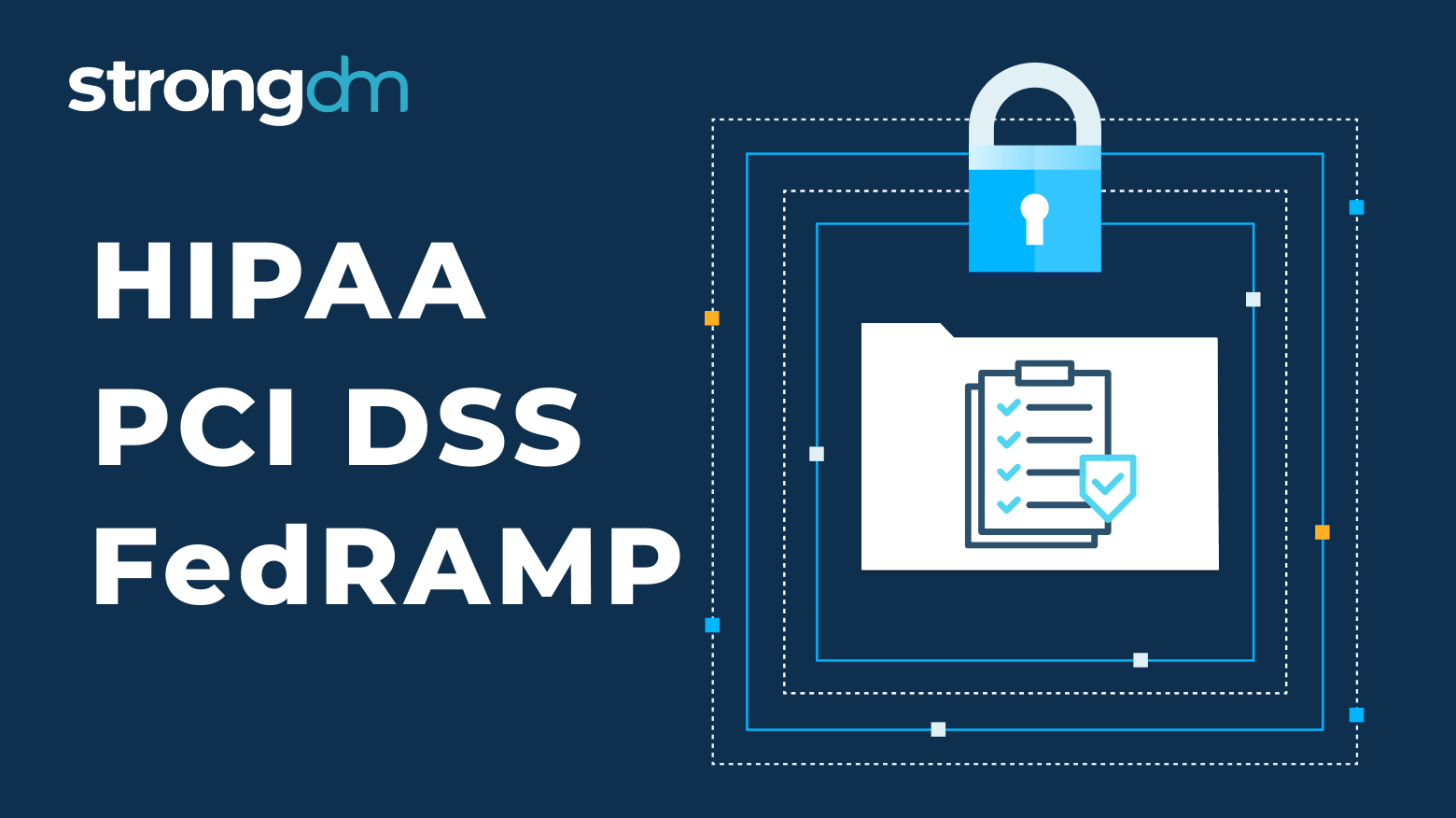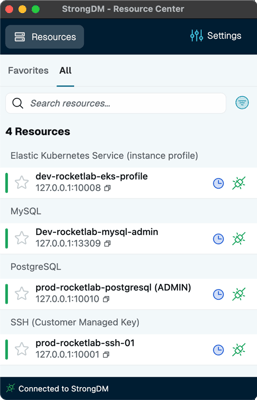Segregated compute is more than a checkbox; it’s a core requirement in frameworks like PCI DSS, HIPAA, and FedRAMP. At its simplest, it means no user should ever connect directly to sensitive workloads. Every connection must be isolated, controlled, and auditable.
Posts by Category:
- Security
- Access
- DevOps
- Privileged Access Management
- Auditing
- Zero Trust
- Compliance
- Policy
- Databases
- SOC 2
- Authentication
- Identity and Access Management
- Team
- Compare
- Engineering
- Integrations
- Product
- Kubernetes
- AWS
- Productivity
- Podcasts
- SSH
- Observability
- HIPAA
- ISO 27001
- Role-Based Access Control
- Dynamic Access Management
- Secure Access Service Edge
- Webinars
- Events
- NIST
- Onboarding
- Passwordless
- Offsites
- Platform
- PCI
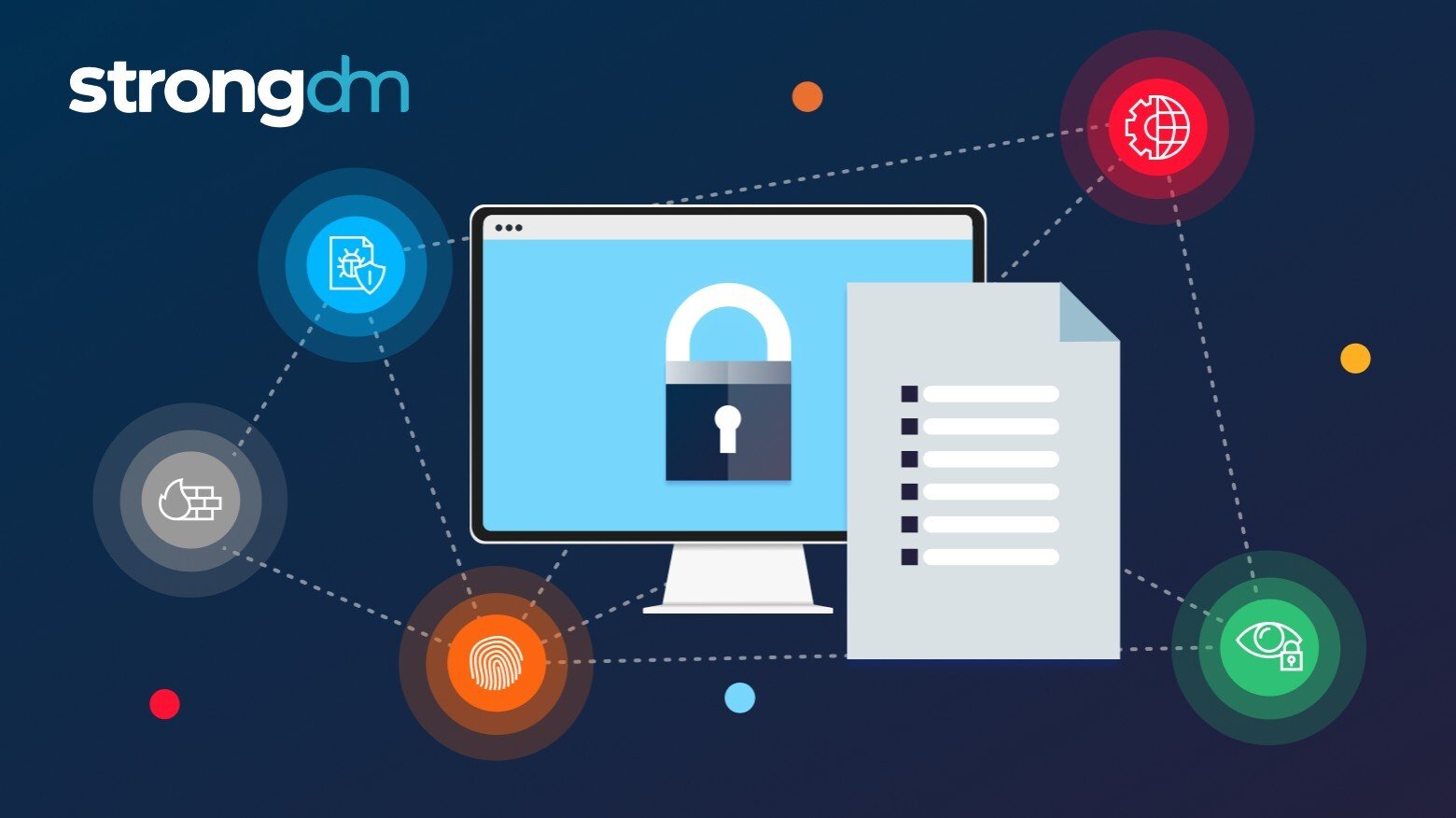
This guide breaks down the types of compliance audits (regulatory, security, financial, and operational), the frameworks they map to, and the real challenges most teams face, like privileged access sprawl and manual tracking.
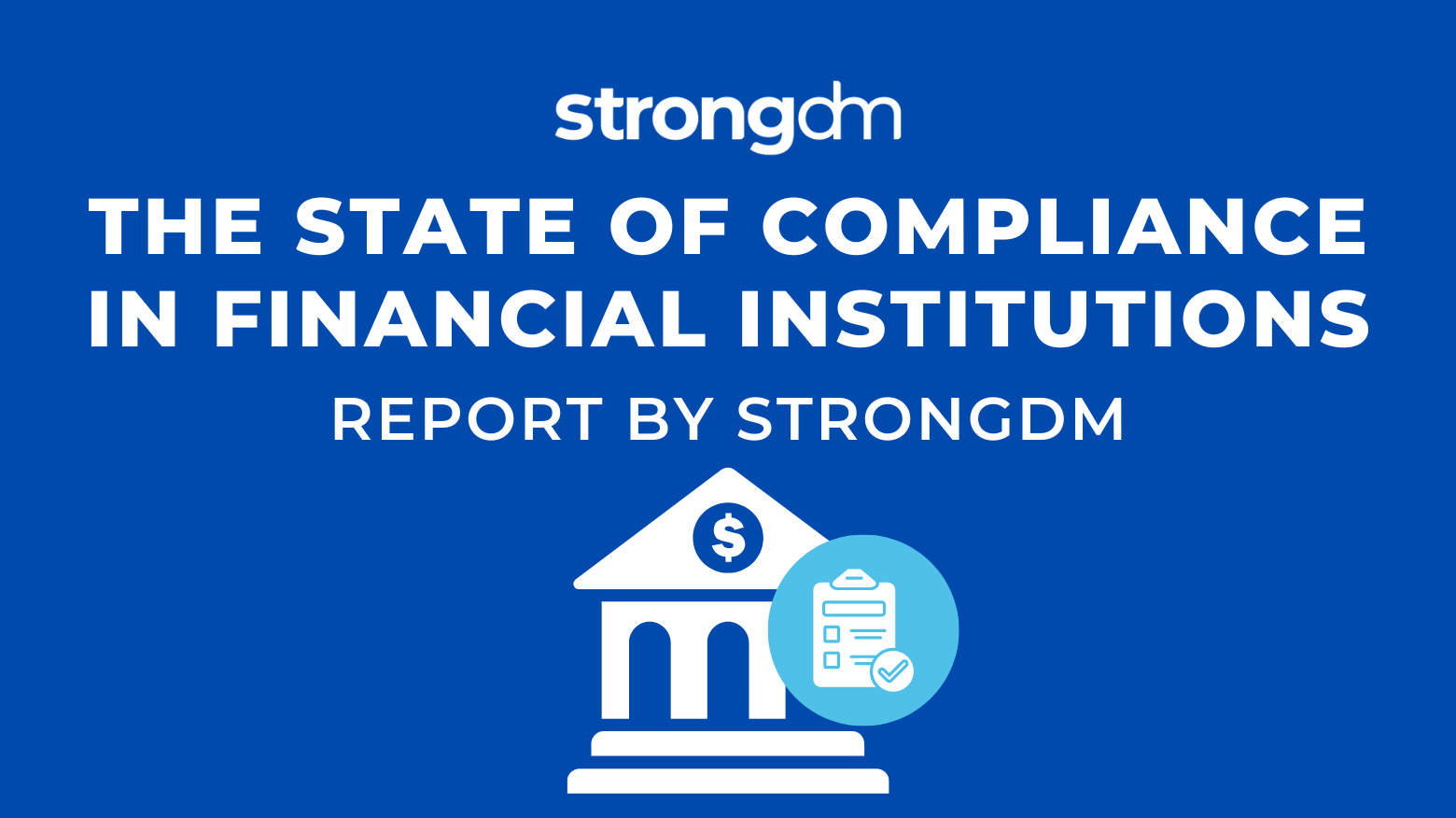
StrongDM’s latest survey of 1,000 IT, compliance, and security professionals at financial institutions and fintech firms reveals a telling picture: while confidence in compliance planning is high, operational challenges persist, especially around privileged access management and audit preparedness.
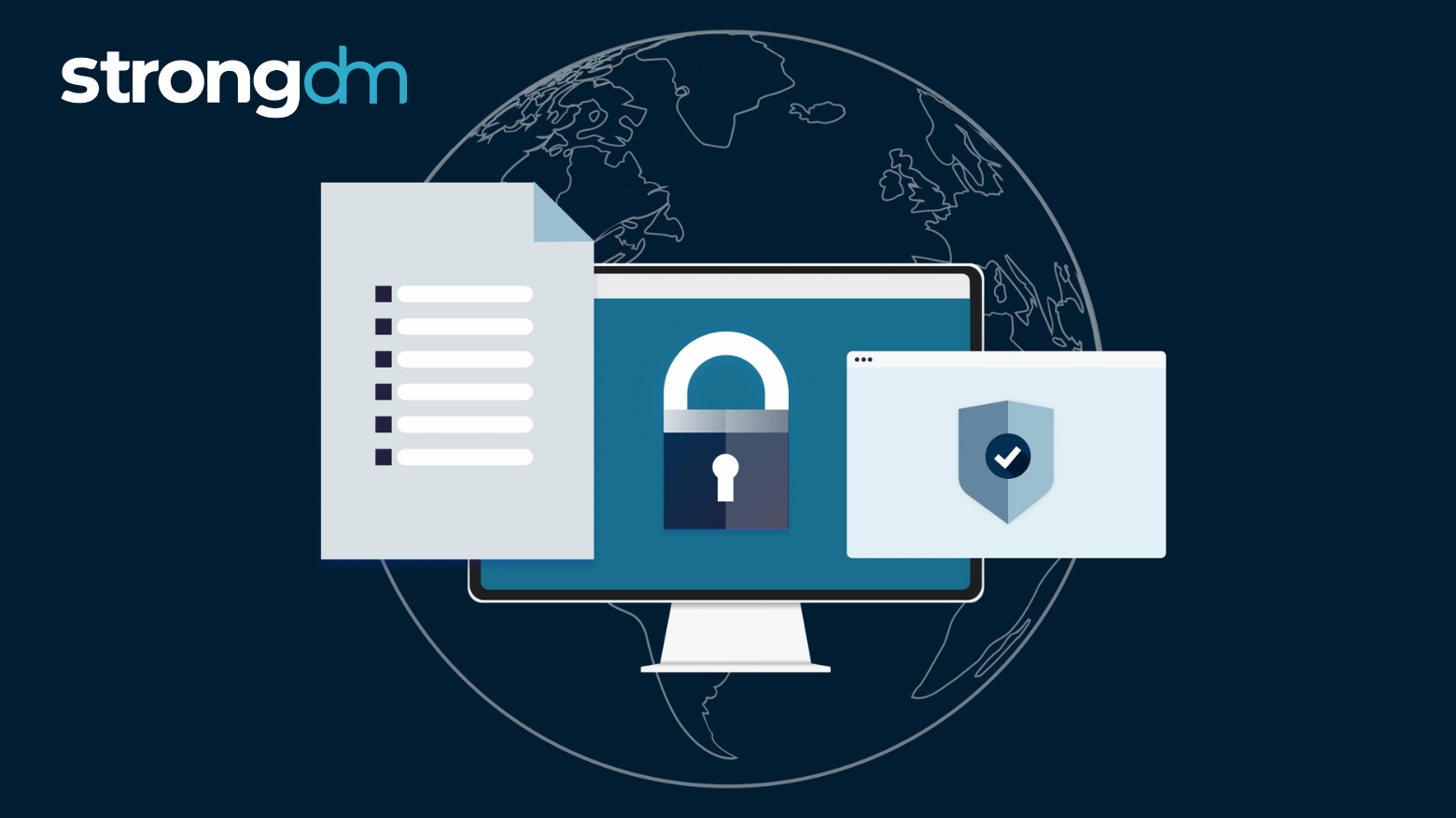
Security breaches make headlines, while compliance audits keep teams on edge. The pressure to protect data and meet regulatory requirements is mounting—and often, the lines between security and compliance get blurred. Are they the same thing? Are they working in tandem—or pulling in different directions? This post breaks it down: what security and compliance are, how they intersect, where they differ, and most importantly, how your organization can align the two effectively.
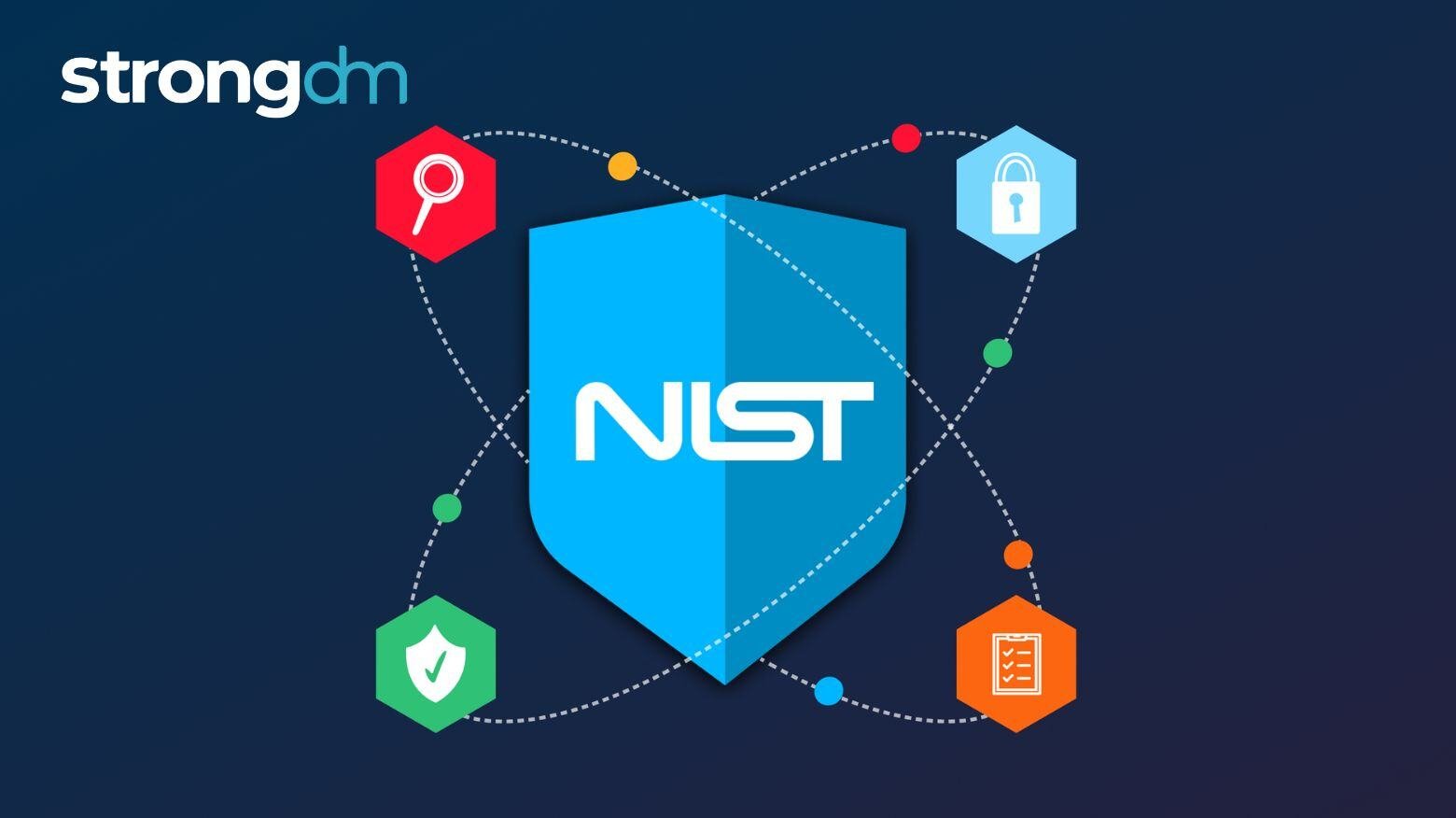
The latest updates in NIST Special Publication shift focus from complexity to usability. Key changes include: 1. Prioritizing password length over complexity. 2. Mandating compromised credential screening. 3. Encouraging passwordless authentication methods. 4. Eliminating forced password resets unless compromise is suspected.
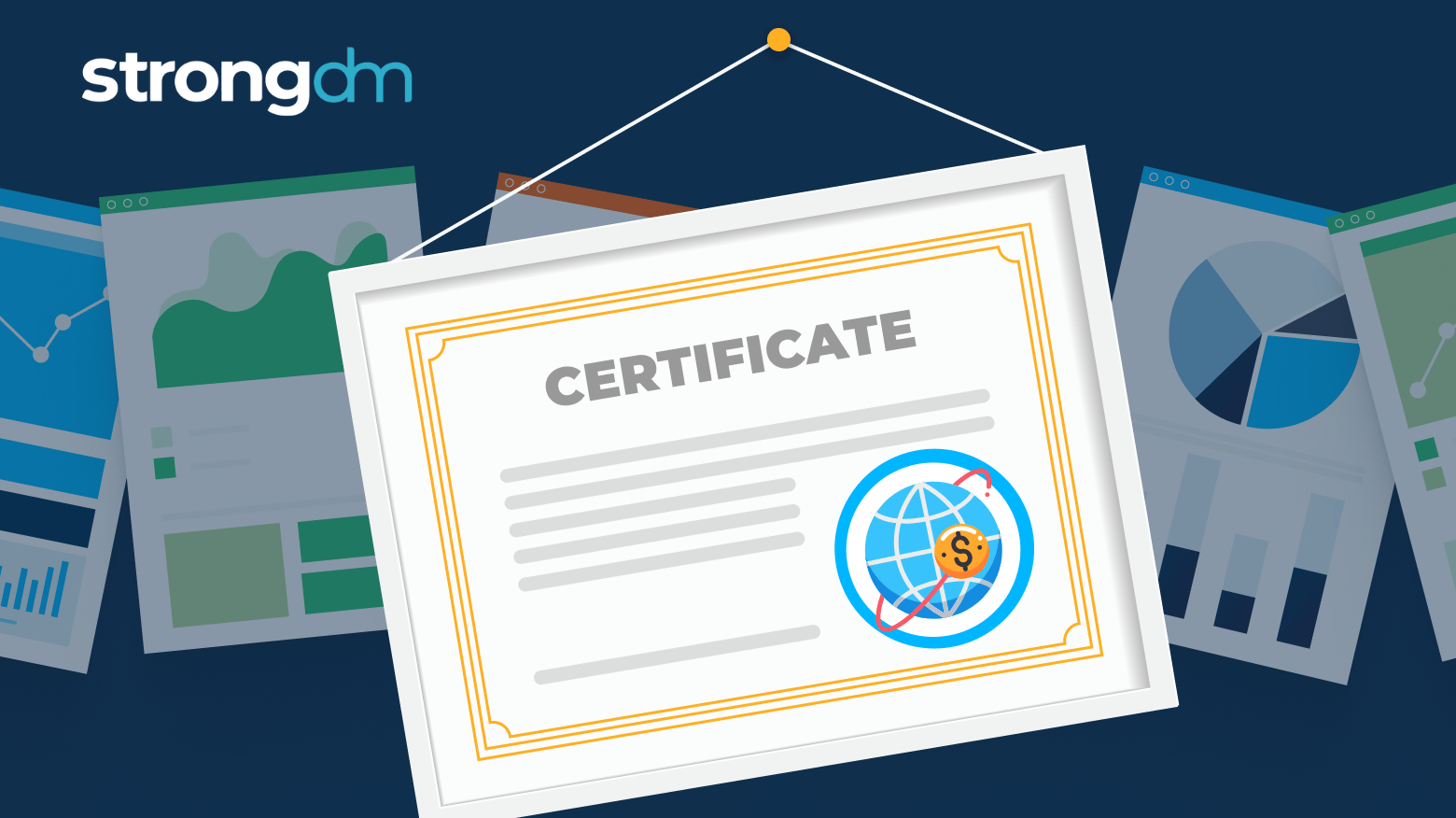
In this guide, we’ll cover the 15 most important cybersecurity regulations for financial services providers. We’ll show exactly which ones—from GDPR and PCI DSS to MAS TRM, CBEST, and others—apply to your organization, and explain, in plain in English, what they are, how they impact your business, and how you can initiate a path for compliance.
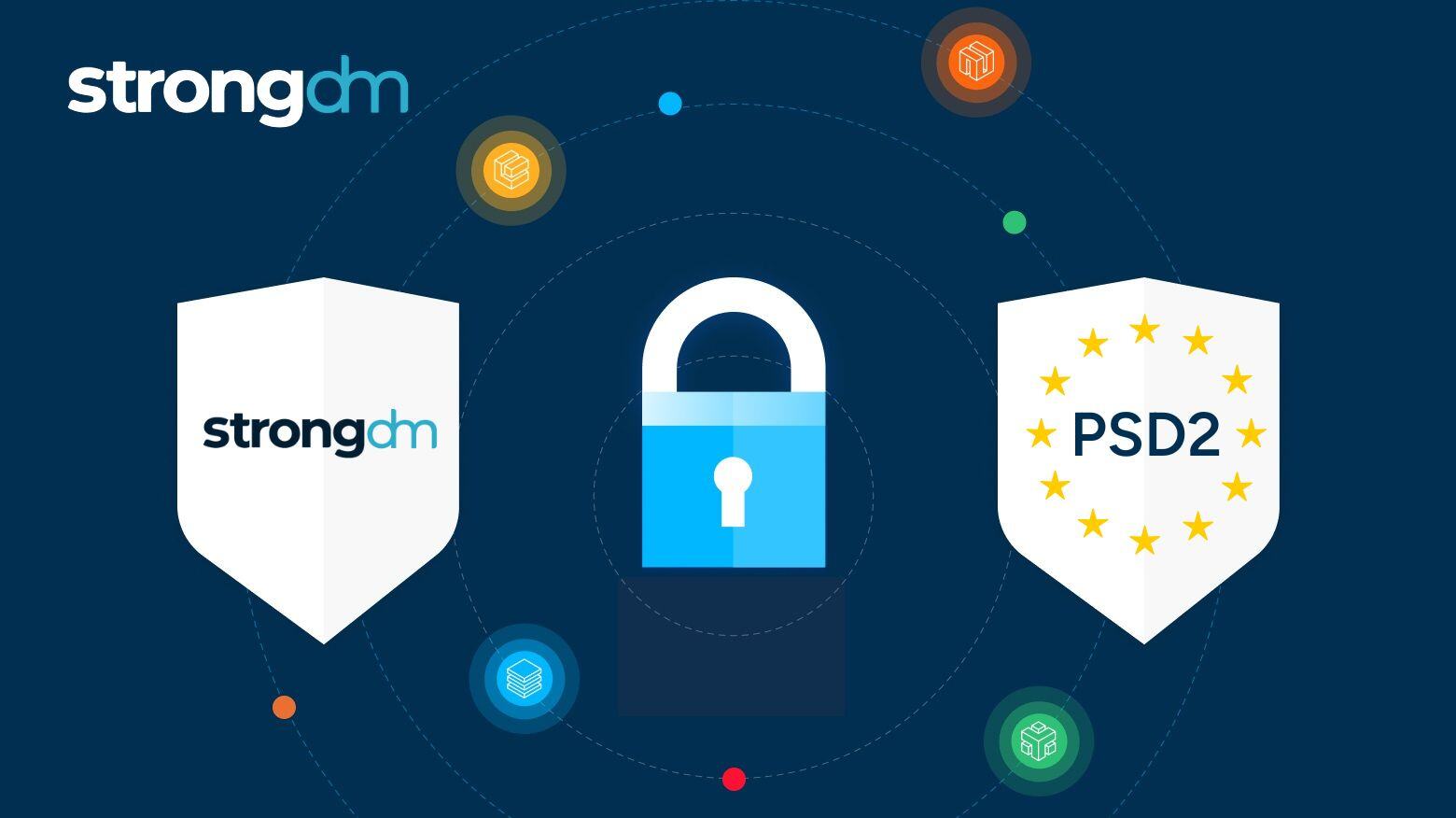
In this post, we’ll explore what PSD2 compliance challenges businesses face, and how StrongDM simplifies secure access to help organizations confidently meet PSD2 requirements.
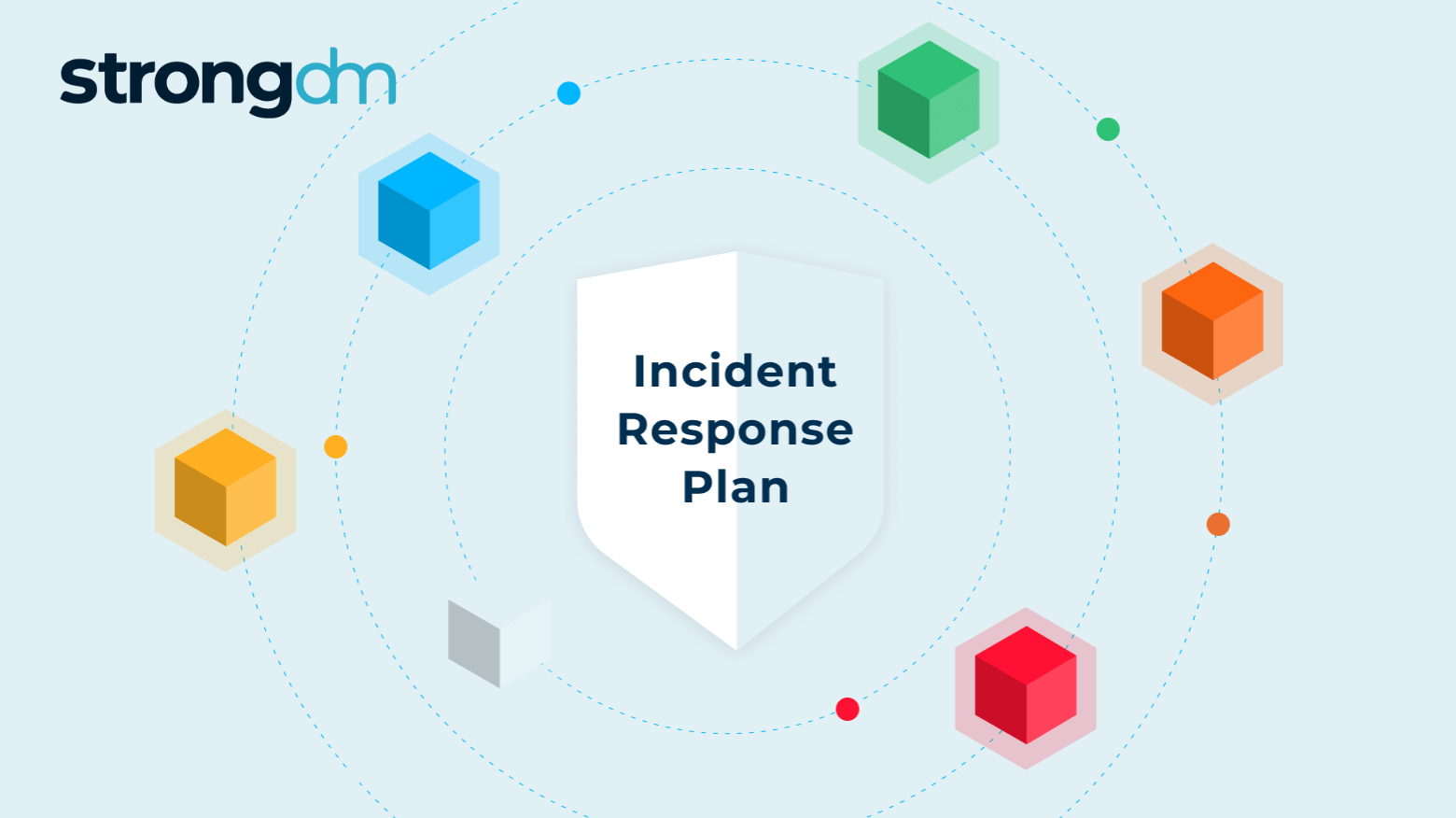
If organizations hope to minimize their exposure to attacks and mitigate any damage done by a threat, they must have a comprehensive incident response plan. An effective plan will detect, contain, and enable rapid recovery from security breaches, preserving your business continuity and operability. We've outlined seven incident response steps for you to follow so you can be prepared for a threat.
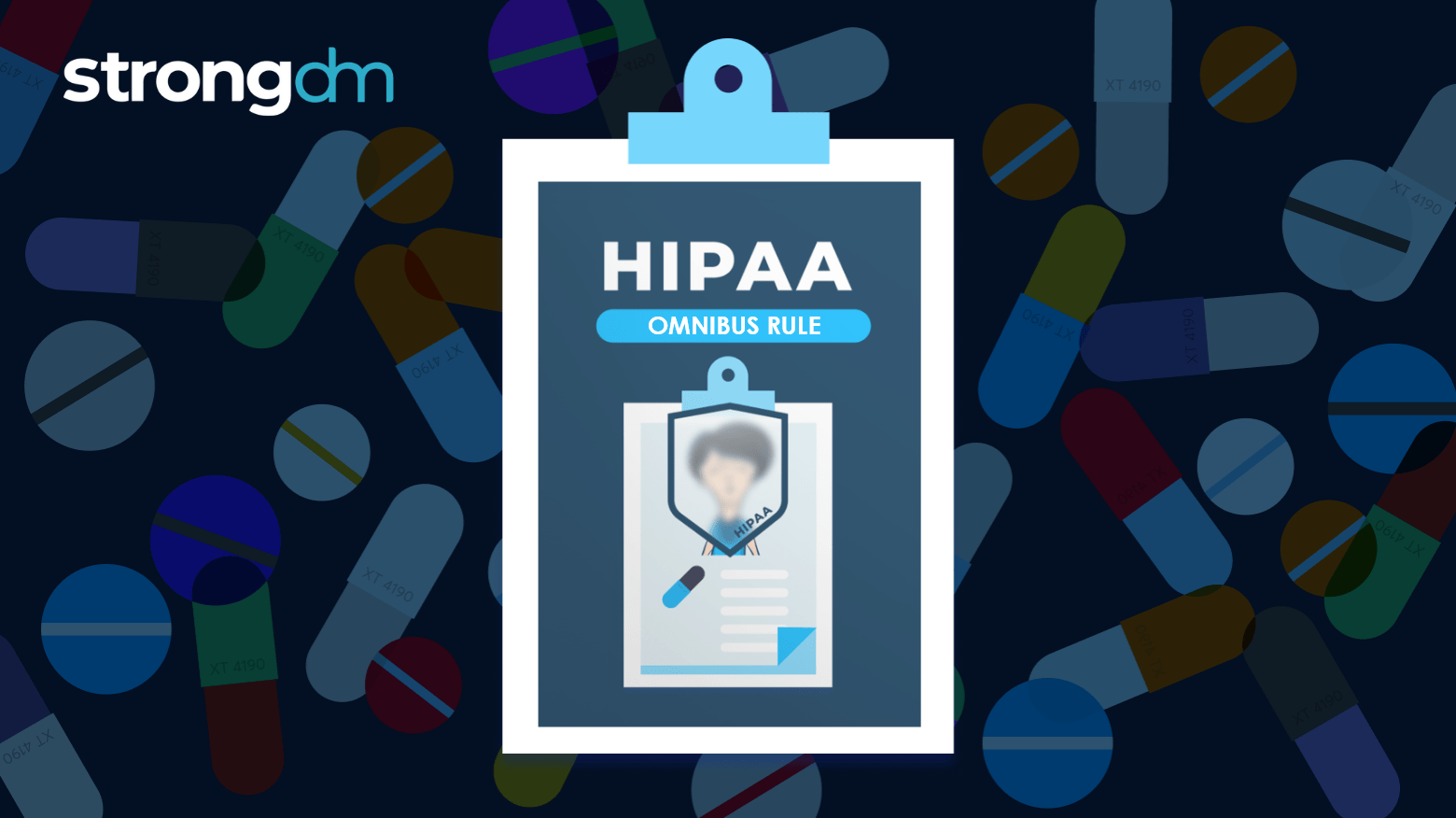
The HIPAA Omnibus Rule strengthens privacy and security protections for patient health information, extends liability to business associates, and increases penalties for non-compliance.
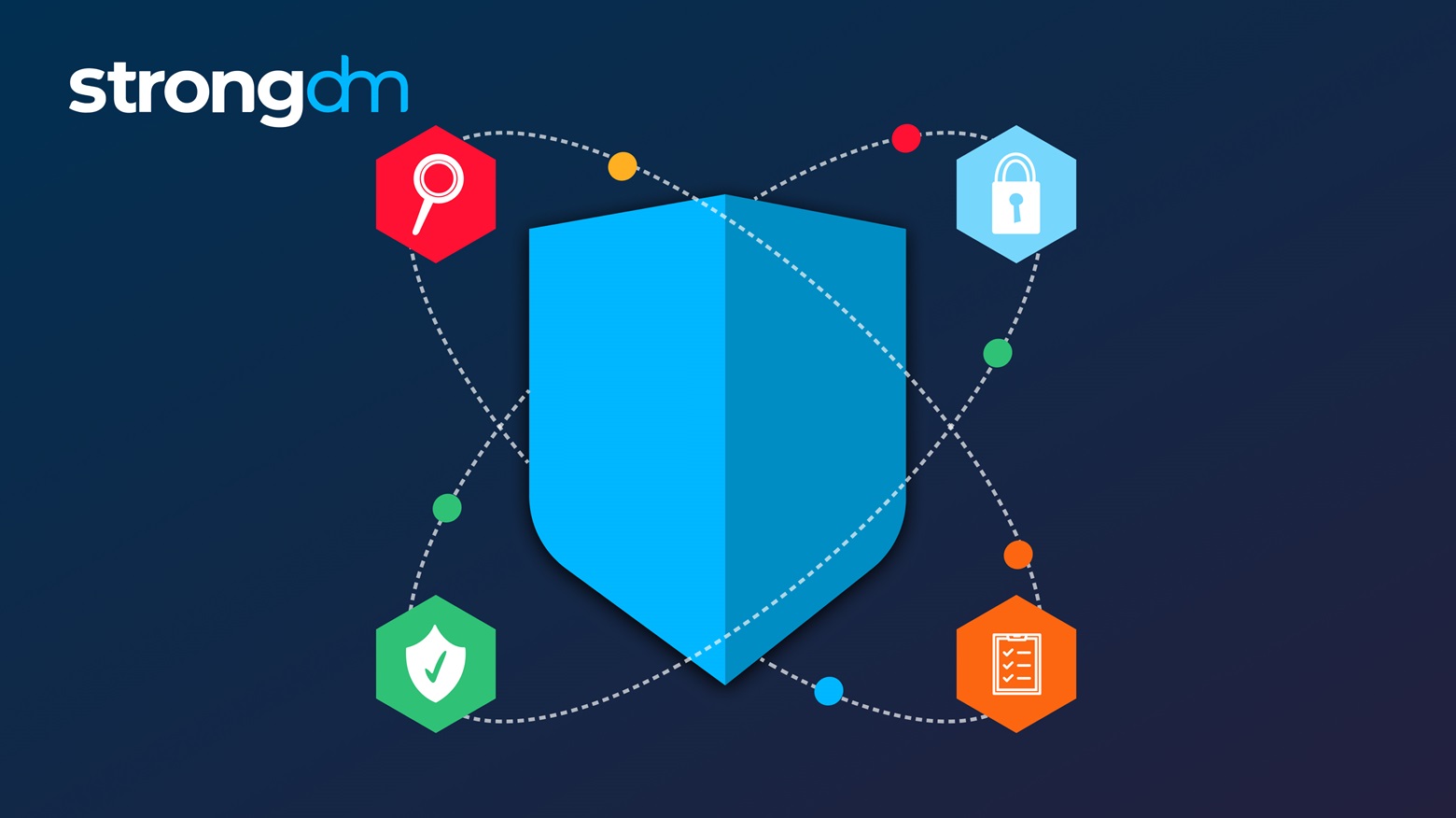
Continuous compliance is the ongoing process of ensuring that an organization consistently adheres to regulatory standards and internal policies for its systems, applications, employees, partners, and engagement with stakeholders. It involves continuous monitoring, auditing, and real-time updates of both technology and human behavior to maintain compliance with government and industry standards frameworks.
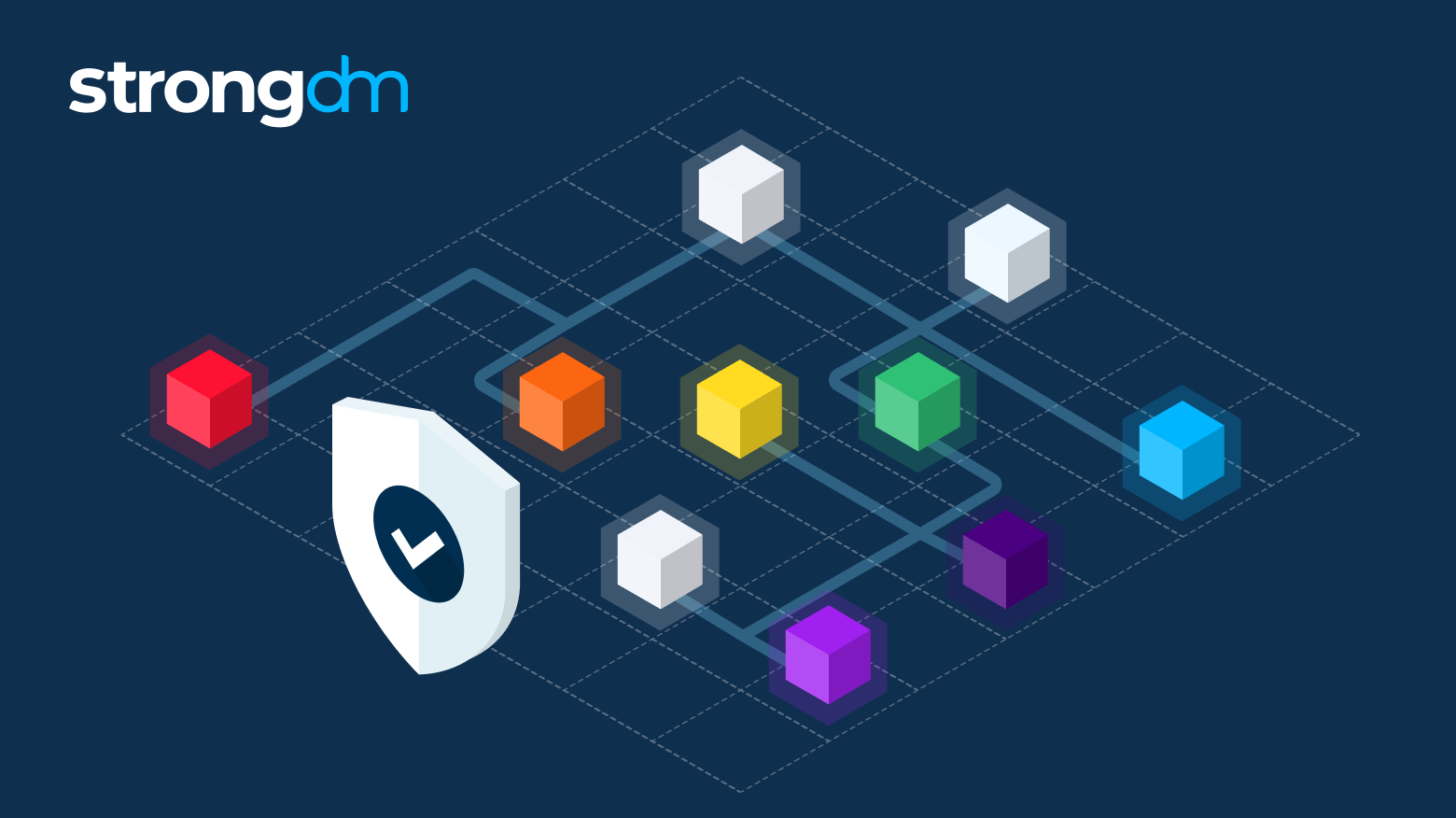
A cybersecurity audit is a comprehensive assessment of your organization's information systems, networks, and processes that identify vulnerabilities and weaknesses that cybercriminals could exploit. The audit also evaluates the effectiveness of your security controls, policies, and procedures and determines if they align with industry best practices and compliance standards.
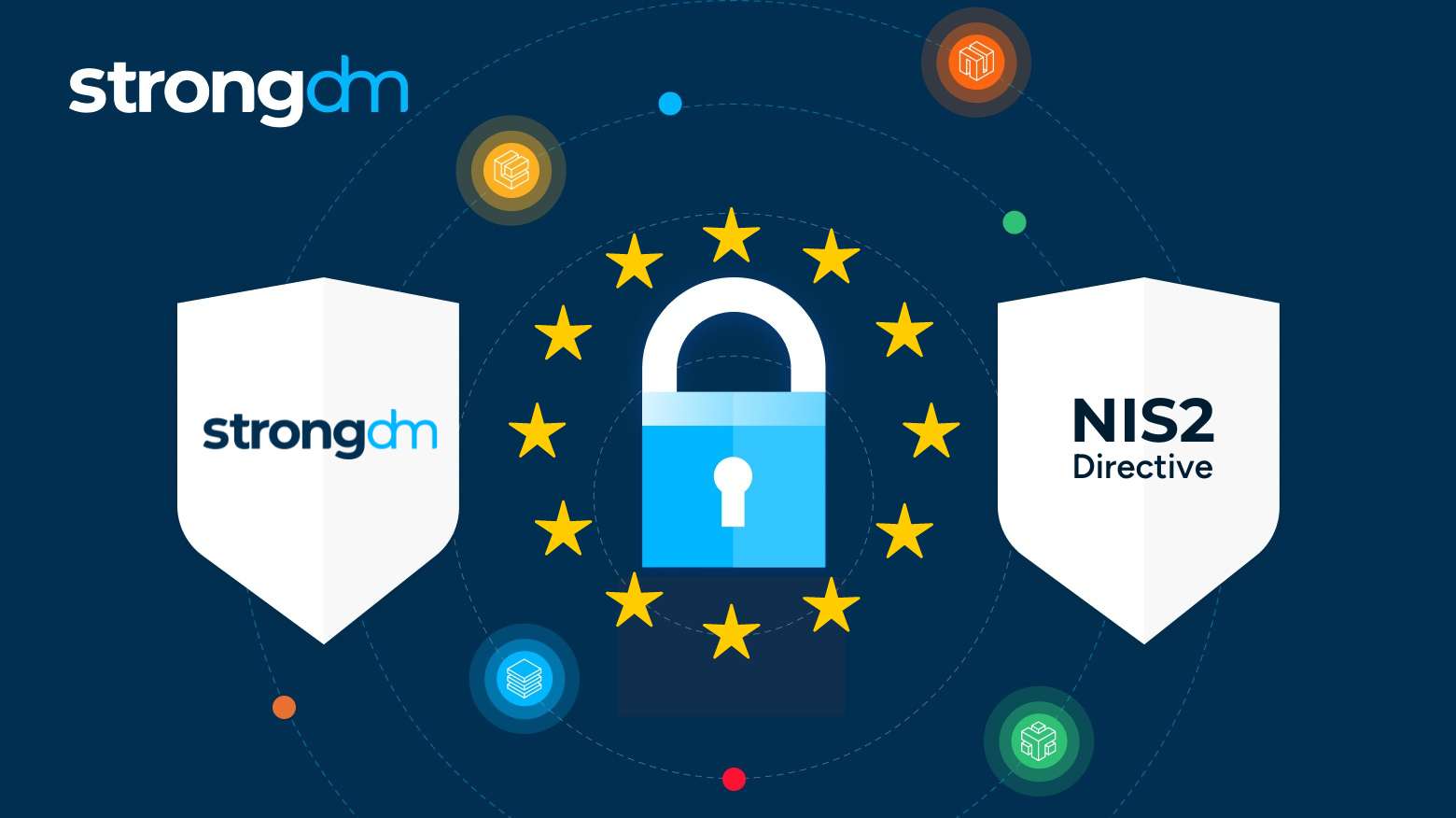
The NIS2 Directive establishes comprehensive cybersecurity legislation across the European Union. Building upon its predecessor, the Network and Information Security (NIS) Directive, the goal of NIS2 is to standardize cybersecurity practices among EU Member States. Much like the General Data Protection Regulation (GDPR), NIS2 seeks to unify strategies and actions throughout the EU to fortify digital infrastructure against the escalating threat of cyberattacks.
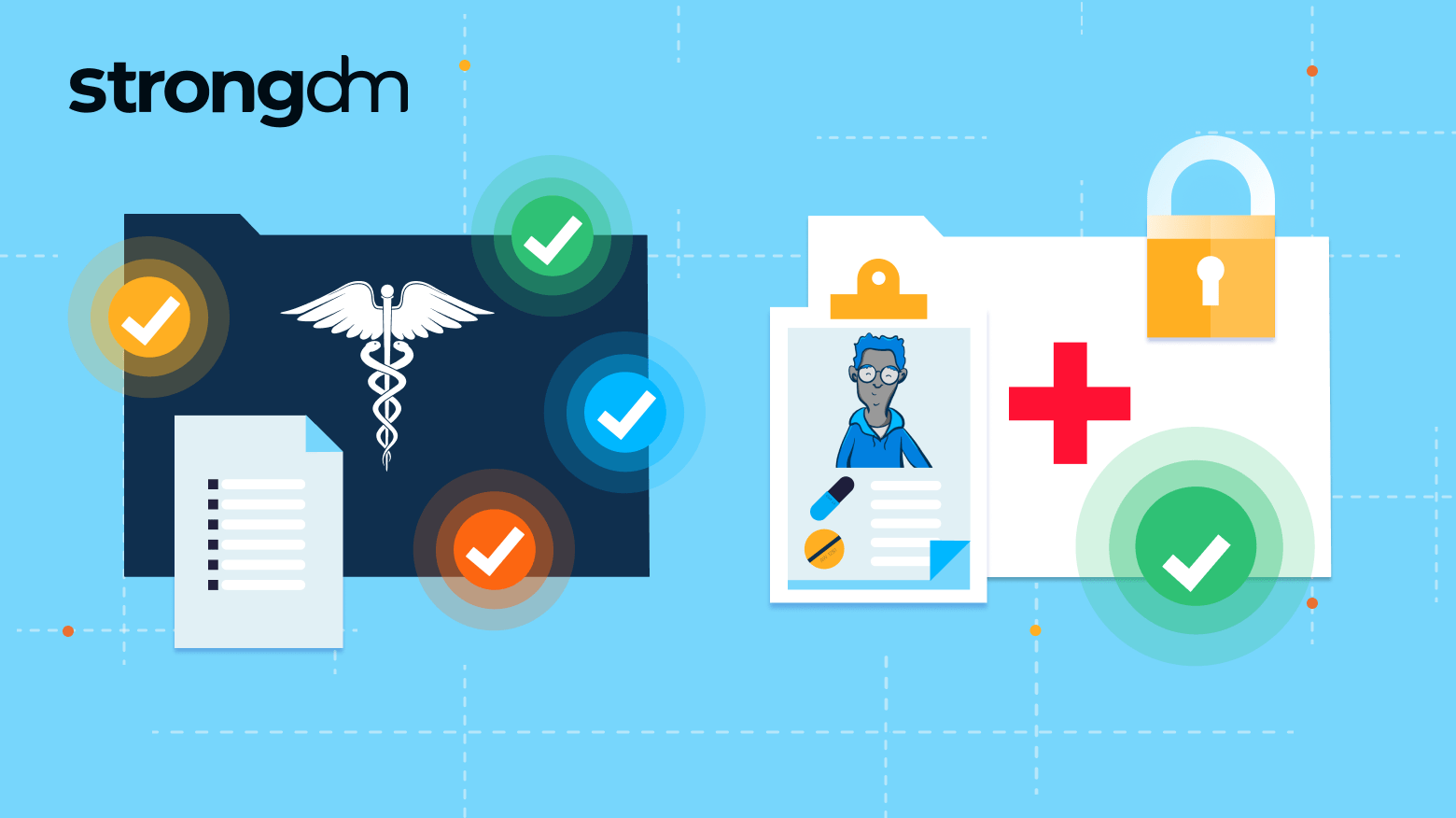
Healthcare data security protects sensitive patient information and related data from unauthorized access, use, or disclosure. The effective implementation of healthcare data security requires implementing cybersecurity measures to ensure healthcare data confidentiality, integrity, and availability. It must also include compliance with relevant regulations such as the Health Insurance Portability and Accountability Act (HIPAA).

The CSA CCM is a cybersecurity control framework specifically designed for cloud computing. It outlines a comprehensive set of best practices and security controls across 17 domains that are designed to ensure that cloud environments are secure and resilient against an ever expanding threat landscape. The CCM framework is structured to provide clarity and actionable guidance for the implementation of security measures in a prescriptive and adaptable way for recognized compliance standards and
